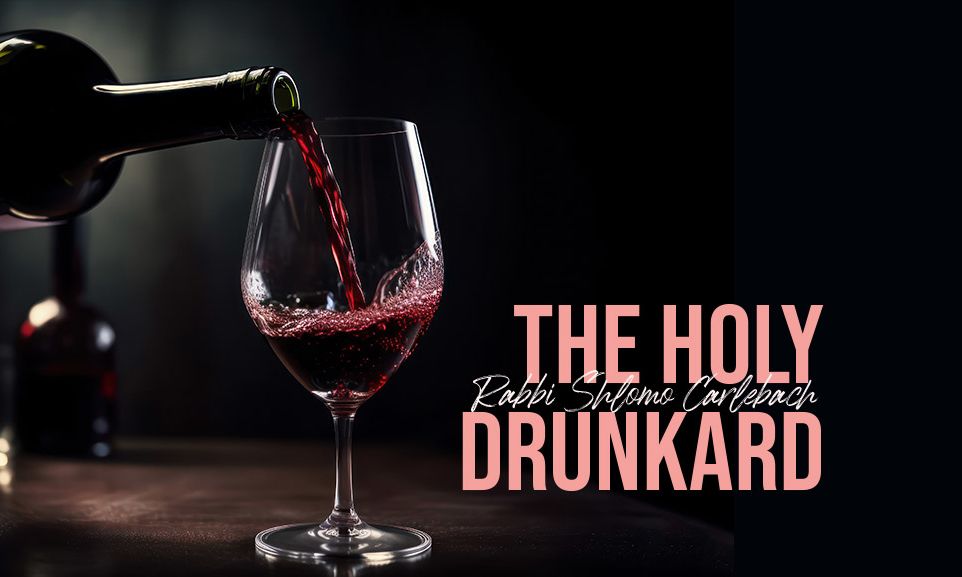
The Holy Drunkard
On Purim we break down all the good manners of the world. We are real. And if you are real, you can be drunk and still be real, still be holy, still be on the highest level…

Compiled and edited by Ziv Ritchie
Reb Nachman teaches very strongly that just as there are holy good manners, there is also such a thing as good manners that have their roots in the evil of the world: Good manners with absolutely no meaning. The Germans, when they sent the Jews to the gas chambers, would say “bitte, please.” So they think these are good manners? It has absolutely no meaning. A murderer says, “Please step over here, I want to knock your head off.” Why does he pretend to be civilized? So there are good manners whose roots are in the evil of the world, and then there are real, holy manners. When someone walks through the door I might say, “I’m glad to see you” because of good manners, but it has no meaning, or I can say it because I really mean it.
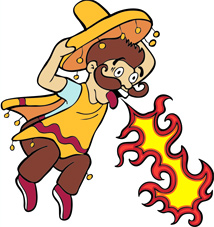 On Purim, we get drunk. According to good manners you shouldn’t get drunk, but what kind of manners are they?
On Purim, we get drunk. According to good manners you shouldn’t get drunk, but what kind of manners are they?
It depends on what level we are when drunk… On Purim we are holy drunk, really holy. On Purim, if you are not on the highest level, you really have no right to drink, but… I have really been privileged to see people really high, holy high, on Purim. In Bobov, the Rebbe sits there and he drinks mamash one glass of wine after the other. Mamash high. I mean, not drunk, but so high! Gevalt!
On Purim we break down all the good manners of the world. We are real. And if you are real, you can be drunk and still be real, still be holy. And if you are on the level of evil manners, you can be sober, not drunk at all, and give a speech in Madison Square Garden and say the most obnoxious things in the world. So therefore, on Purim we are breaking down all the levels of manners, and we are drunk, but we are just on the highest level.
A Holy Drunkard Sees Only One
What is the difference between non-holy drunk and holy drunk? A non-holy drunkard, if he sees ten people, he says he sees a hundred; if he sees a million, he says he sees ten million. A holy drunkard sees only One; nothing else.
The War Between Good and Evil
There is a great war going on, the war between good and evil. One day a year we don’t fight evil. One day a year there is no evil in the world. One day a year we reach the level of after the war. This is on Purim.
You have to know that only the people who are taking part in the war all year long can know what Purim is. If you don’t fight evil all year long, but then on Purim you suddenly say, “I want to jump into Purim,” what do you understand? If evil looks good to you, you have nothing to celebrate. On Purim, we celebrate that there is no evil. But if you like evil, then you have no part in it.
So how do you fight evil? It says, “Remember what Amalek did to you….” You have to remember that there is evil in the world. You have to remember. So the question is, do you remember or do you forget. Imagine, yesterday I was bad, so I mamash promised myself that I’ll be good. The next morning it is already forgotten; I forgot my promise, I forgot how bad I felt when I did wrong. If I would only remember a little bit. Purim is the great holiday of the people who remember. They are the ones who are fighting this great war against evil. They really do remember.
G-d’s Love is Beyond Our Minds
There are two kinds of love that G-d has for us. One kind of love is kind of contracted. Let’s say, for example, that I like someone because he does everything I tell him to do. Or, on the other hand, I can like someone not because he does everything I want him to do, but, even if he doesn’t do everything I want, I just love him anyway.
On Yom Kippur, G-d is loving us because we say, “G-d, we did wrong, we want to be better, we confess, we promise we’ll be good, we’ll do everything you tell us to do.” This is very sweet and holy, but it is not the ultimate.
On Purim, G-d is shining His great love into us, His great love that has nothing to do with our doing His will. He just loves us. Like, “I don’t care what you do, I still love you. I do care, what you do, but My love is beyond that.” And this is beyond our minds.
Therefore we have to be drunk on Purim, because we have to reach that thing which is beyond our minds. We have to be beyond our own mind.
G-d’s great love that is flowing down on Purim is not because we did right. It is just because He loves us. This is beyond… beyond every understanding.
Evil can only reach the level of love where we talk about doing G-d’s will, so evil can make us not do G-d’s will. That light comes from a place where evil can reach. But evil cannot reach that great love that is above and beyond that level, His love that has nothing to do with doing G-d’s will.
On Purim this greater love is becoming so strong in the world that there is no evil. There is nothing between us and G-d. Nothing. I can be a drunkard, I can be the most obnoxious person in the world, but who cares? Gevalt.
Why is it that when you are drunk you can’t stand on your feet, you can’t walk? There is a level that your service of G-d is standing before G-d, and walking in G-d’s ways. But then there is another level, that even if you are not walking, and even if you can’t stand, you’re still serving G-d in a crazy way that is even deeper. On Purim we reach that high level that we can’t stand, we can’t walk, but we are still the greatest servants of G-d.
***
Rabbi Shlomo Carlebach’s books are available online at the Breslev Israel Store.



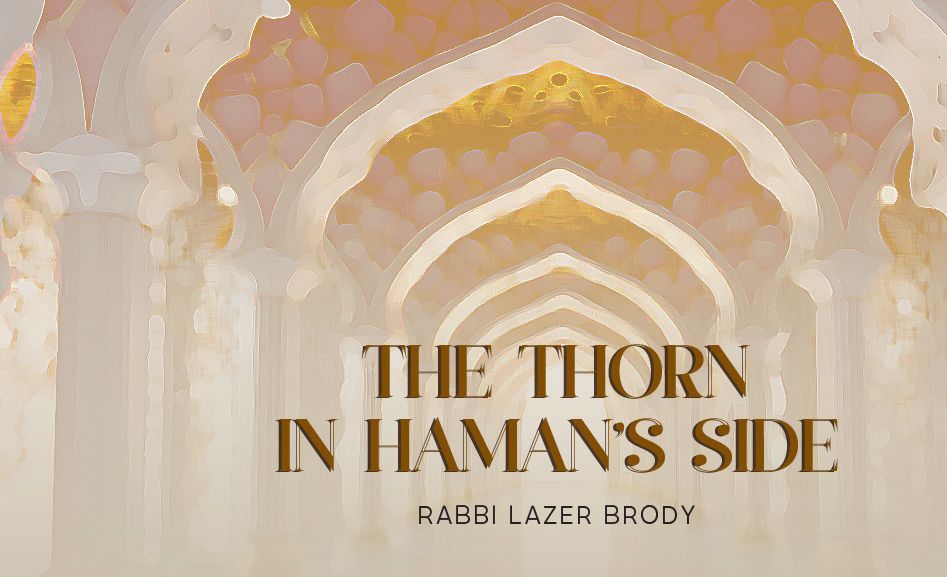
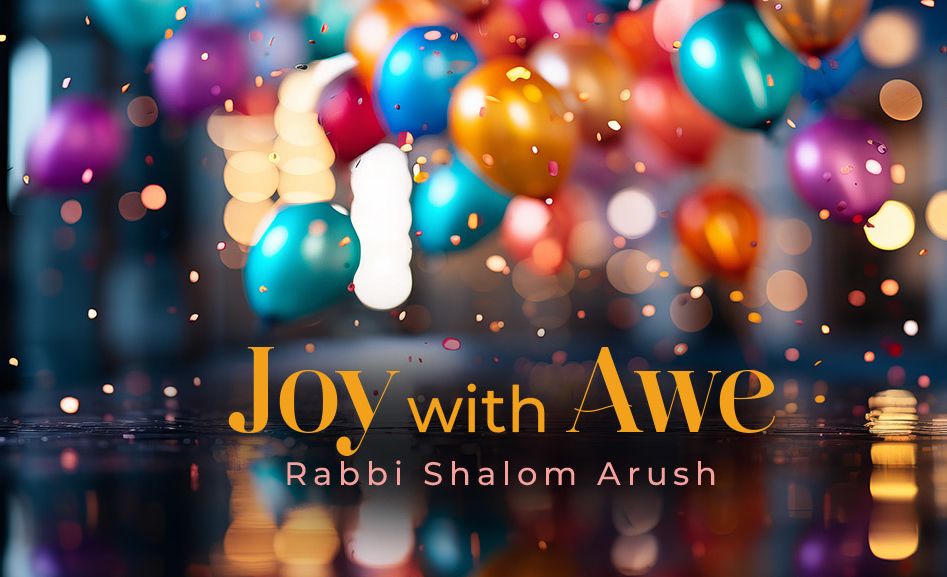
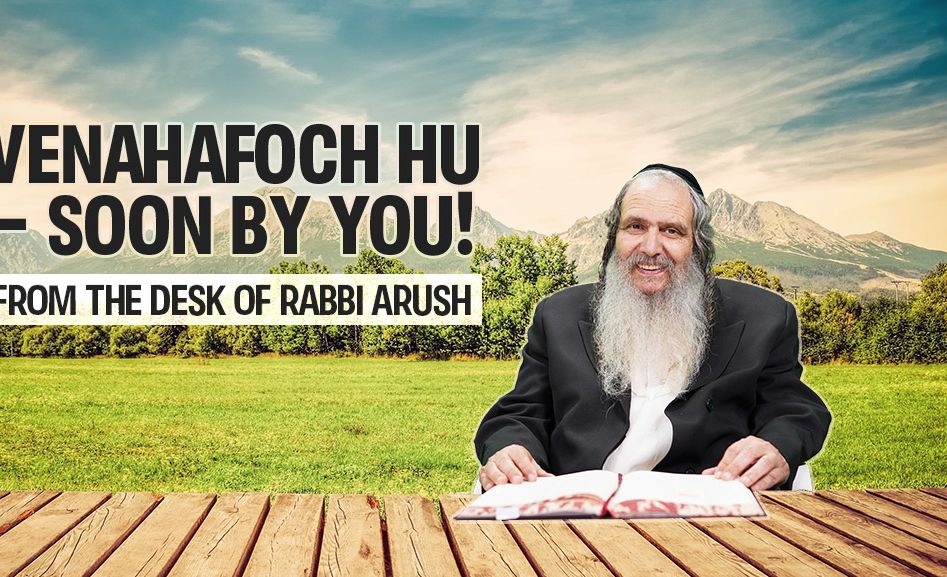
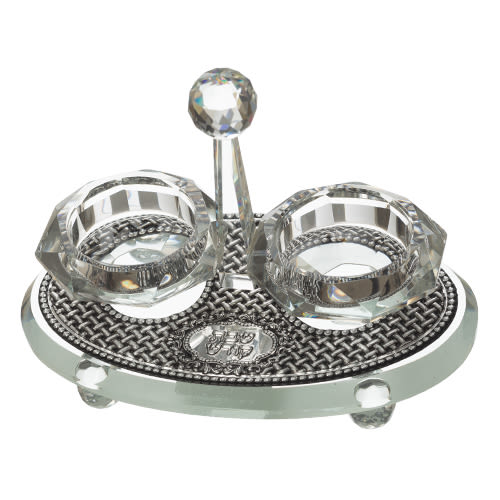
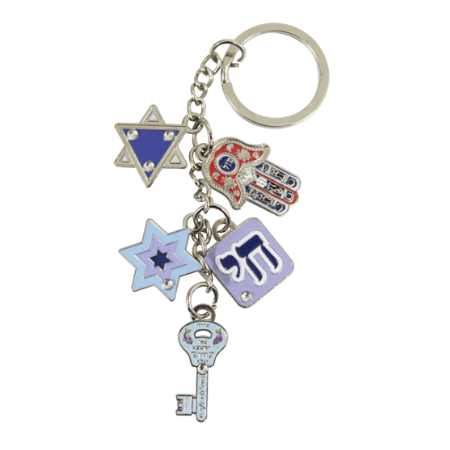
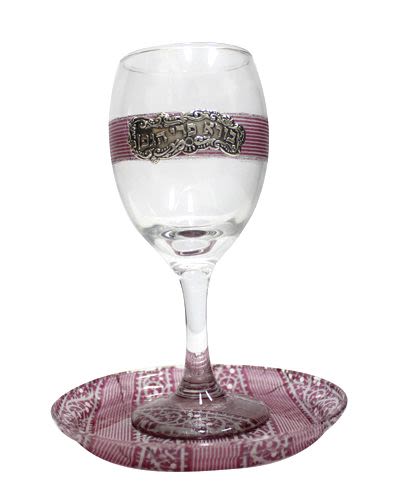
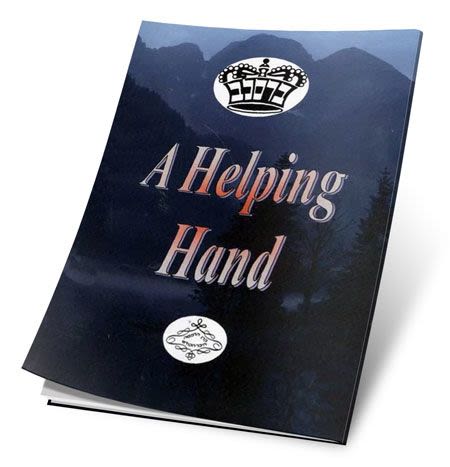
Tell us what you think!
Thank you for your comment!
It will be published after approval by the Editor.